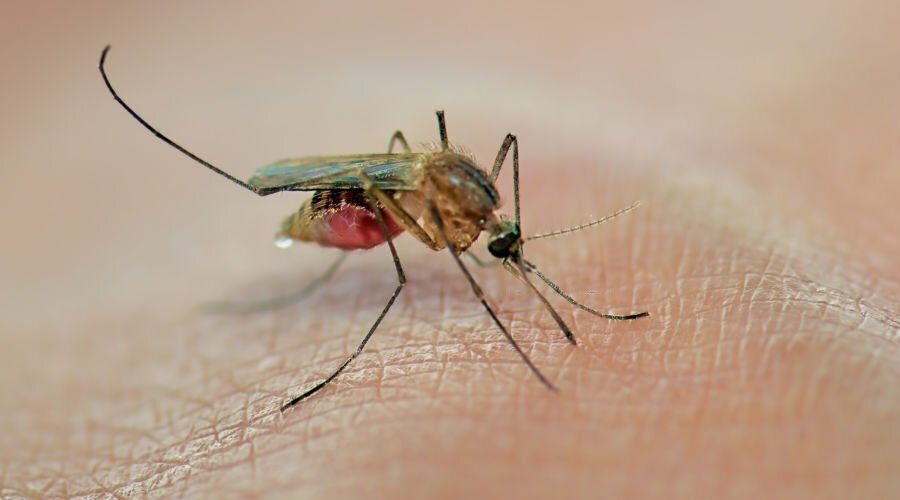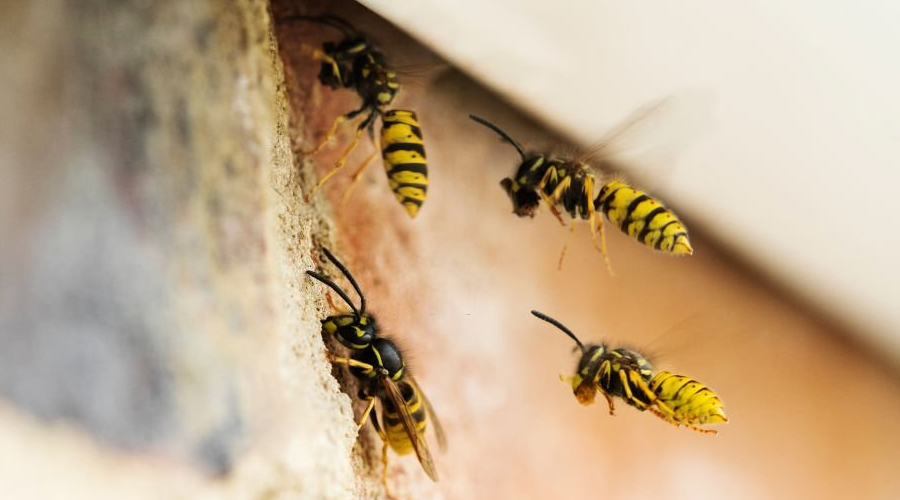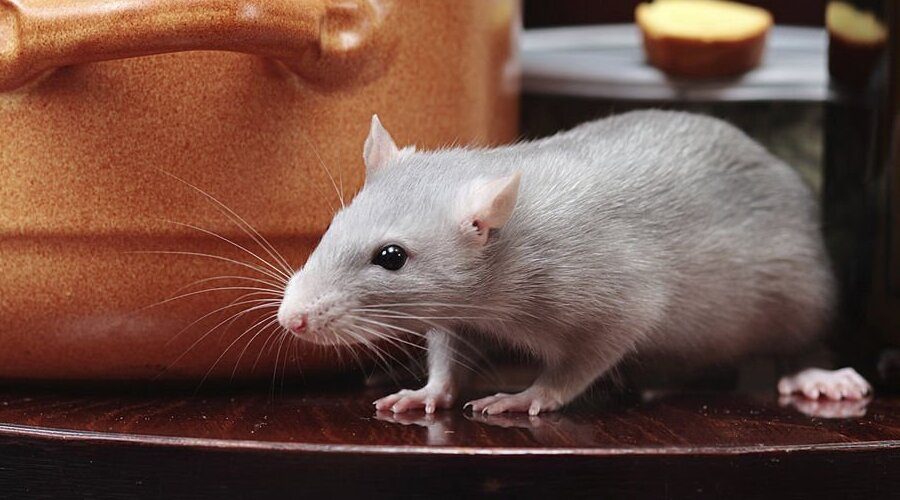Natural Pest Management Guide
Guide to Environmentally Friendly Pest Control
Home invaders can come in all sizes, from rogue rodents to infuriating insects.
Before you know it, your beautiful home has turned into a horror movie set.
Finding the best pest control often leads us to toxic chemical and strong toxic substances.
But what if we told you that there’s another way?
Pro Pest Control Adelaide proudly presents the natural alternative in our ultimate guide to earth-friendly pest management that will keep your abode bug-free.
Natural Repellants
1. Coffee Grounds
Those coffee grounds you’ve been throwing away could be gold for handling insect pests at home. These humble grinds can help chase away nesting ants and slugs infiltrating your garden without causing extensive damage to your roses or tomato plants. Sprinkle these spent coffee grounds around the areas where these intruders love hanging out or directly into their anthills. You’ll soon see a reduction in their population without so much as lifting a toe-curling insecticide spray can.
2. Mint
Your favorite childhood snacks are mice’s worst nightmare. Start growing your own pot of fresh mint or even scatter some dried leaves along entry points and hotspots around the house. Not only does it smell divine, but it will also keep Mickey and his friends well away from our living space.
3. Cloves
Cloves are tiny powerhouses that aren’t just for mulled wines and curries, but are also nifty little bug despisers. Ants, roaches, flies wouldn’t dare cross its path. Just ground some cloves mixed with water and boric acid into a spray bottle. You’ve got an organic bug repellent like vegetable plants, herbs or fruit tree. The pleasant aroma is just an added perk. So next time pesky bugs try acting smart invading your space. Remind them who’s boss with some clove power.
4. Hot Pepper
Grinding up some spicy peppers can create a hot solution that pests absolutely hate, causing them to flee in terror from your beloved flower beds or veggies patch. Just get yourself some hot peppers. The hotter, the better. Grind them up and mix it with water. Spray it around your plants and watch as the pests vanish as if by magic. Not only are you getting rid of those irritating intruders but also adding a bit of zest to your gardening routine.
5. Apple Cider Vinegar
You’ve probably heard of apple cider vinegar being used as a health supplement or cleaning aid, but did you know it can be an absolute game-changer in your battle against garden pests? All you have to do is fill a cup with apple cider vinegar, cover it with plastic wrap and punch tiny holes in it. The sweet-smelling vinegar attracts fruit flies while the plastic wrap serves as a barrier that traps them inside. Say goodbye to those annoying fruit flies buzzing around your home or garden.
Biological Controls
1. Beneficial Insects
Not all insects are bad news. Some bugs happen to eat other pests as their favourite snack. These beneficial bugs include ladybugs, spiders and praying mantis. You can attract helpful insects by planting specific types of flowers or herbs that they prefer. Before you know it, these superheroes of the insect world will take care of your pest problem naturally.
2. Fungi
Not all fungi are destined to ruin your favourite loaf of bread or turn your damp basement into a horror movie scene. Some are quite the hero when it comes to organic pest control. These microscopic allies, like Beauveria bassiana and Metarhizium anisopliae, constantly patrol in search of unwanted insects. They latch on unwary pests and wreck havoc inside these invaders.
3. Fungi
Not all fungi are destined to ruin your favourite loaf of bread or turn your damp basement into a horror movie scene. Some are quite the hero when it comes to organic pest control. These microscopic allies, like Beauveria bassiana and Metarhizium anisopliae, constantly patrol in search of unwanted insects. They latch on unwary pests and wreck havoc inside these invaders.
4. Nematodes
Burrowing under the ground surface, beneficial nematodes lie in ambush for pests such as cutworms, grubs, or even ticks. They sneak inside their prey’s body only to release bacteria responsible for its swift doom whilst simultaneously multiplying in number.
Physical Control
1. Keep Your Home Clean
Even the tiniest of food crumbs can throw a big feast for pests, inviting them into different corners of our homes we would ordinarily consider ‘no-fly zones’. Start by making sure you clean up after every meal to avoid leaving remnants that attract these pests. Also, garbage bins are essentially five-star hotels for pests. Scrubbing these bins regularly ensures such facilities stay closed.
2. Seal Up Any Gaps
Unwelcome guests will always find routes if they’re available. These are tiny gaps in windows, doors or floors serve as their entry points. Regularly inspecting your space for these overlooked gateways could drastically reduce pest sightings in your home. Fix crumbling grout lines in the bathroom, seal off those cracks beneath doors and board up open areas under sinks. Sometimes invisible to the naked eye, check with torchlights if need be.
3. Fix Torn Window Nets
It’s quite annoying when you’re trying to enjoy some fresh air but have these pests interrupting your peace. One moment of carelessness and they’ll be all over your room like an airborne invasion. Get yourself some clear nail polish or simple adhesive tape for smaller holes. For larger rips, go ahead and replace the screens entirely. This simple hack will pull down the shutters on these tiny invaders making their access near impossible.
4. Clean Up Standing Water
Stagnant water sources are prime breeding grounds where mosquitoes multiply beyond imagination. The annoying buzzers can breed even in that small puddle on a discarded soda lid in your garden. So time to clean up. Empty out flower pots after watering them thoroughly and don’t forget about cleaning those gutters regularly. They trap rainfall which makes perfect spots for mosquito parties. This constructive step deprives them of their facilities and sends them flying elsewhere searching for new real estate.
5. Invest in a Dehumidifier
A dehumidifier truly works wonders. It sucks the excess moisture out of the air making your environment less attractive to pests. Investing in one can significantly decrease any pest problems you’re facing at home right now. The best part is there’s no nasty chemicals involved. Just nifty little tech working quietly in the background ensuring bugs pack their tiny bags and scram.
6. Store Food Properly
It’s no secret that our kitchens could easily turn into paradise for pests. Why wouldn’t they when it holds their food. The solution to this is rather simple. Don’t give them the privilege to feast. Make sure you store food properly. Avoid leaving any open packages or containers lying around. Keep fruits and vegetables refrigerated if possible. Seal bread, cereals, and other dry goods in airtight containers. By doing so, not only do we prevent inviting hungry pests but also ensure our food remains fresh for a longer period.
7. Dispose of Garbage Frequently
Despite our tidy habits, we often forget one critical thing: eliminating garbage frequently. For those resilient little crawlers and flyers, even an almost-empty salsa jar tossed in the trash bin is an irresistible dinner invitation. As tedious as it seems, make sure to take out the trash every day. Get rid of anything that can be a potential breeding ground for pests such as old newspapers or cardboard boxes too. To prevent attracting pests from outside during disposal time, go an extra mile and use well-sealed garbage bins both indoors and outdoors.
FAQs
Is there any risk using natural pest control methods?
Generally speaking, natural pest repellants are safer for both your family and the environment compared to chemical pesticides. However, it’s necessary to use them wisely too as some could be irritating or dangerous if misused or consumed directly.
Does Natural Pest Control actually work?
Absolutel. It’s common to doubt anything labeled as ‘natural’ or ‘organic,’ but when it comes to pest control, Mother Nature knows best. Essential oils, predatory insects or plants with pest-repelling properties can all work wonders. You just need the right combination for your particular problem.
Is it feasible to start using natural pest control techniques on my heavy infestation?
It’s never too late to switch to natural pest control practices. Even if you are dealing with a heavy infestation, there are potent organic strategies that can help resolve your issue while keeping safety foremost.
Conclusion
So, to sum up, embracing natural pest control doesn’t mean declaring war against the environment or adding more chores to your already busy day.
These are simple tweaks and steps that would fit seamlessly into your routine.
It’s time to say goodbye to harmful chemical solutions and welcome nature-based strategies for a pest-free home.
Ones that are safe for you, your children, pets, and even the planet.
It involves creating an ecosystem rather than causing damage.




Leave A Comment
You must be logged in to post a comment.